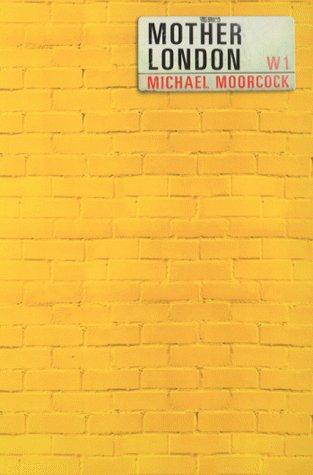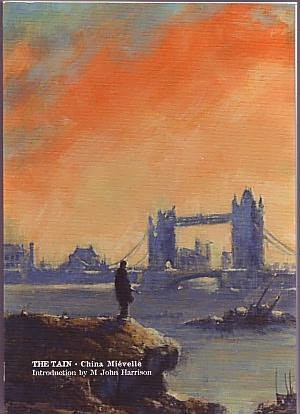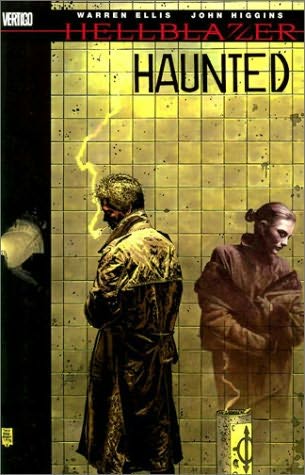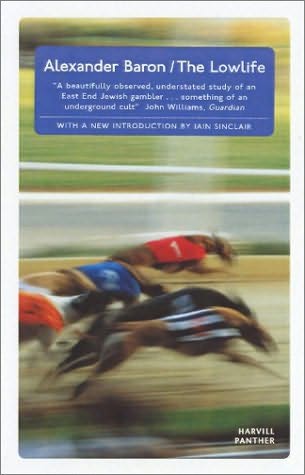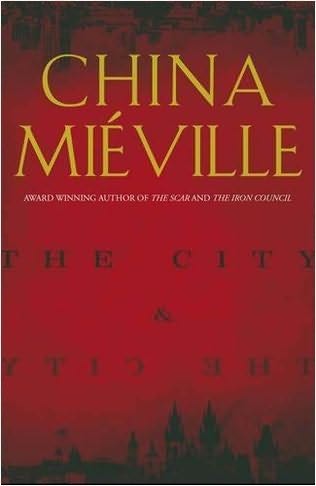Note: Spoilers exist in this review

I can’t admit to being a massive theatre goer, although lately I have been getting more and more interested in certain aspects of the medium, especially fringe theatre or plays that are more left-field. It probably helps having a partner who works in stage management, too.
I cannot say that I had come across the name of Eugene Ionesco before undertaking my trip to Bath, to see his play ‘The Chairs’ at the Ustinov theatre. I was dimly aware of the Theatre of the Absurd (Beckett, right?) and the literary tradition that that was coming out of (Kafka was a name used liberally in the programme), which was enough to immediately get me interested.
A lot of people have described absurdist theatre to me as being ‘about nothing’, which seemed a rather reductive description of a certain school of artistic thought. Remember what Jerry says in ‘Seinfeld’? “Even nothing is something.” Bearing this in mind, I was very curious to see the play I was about to see unfold before me, because even a mere hour and twenty minute of ‘nothing’ was going to be pretty boring.
Luckily those descriptions turned out, for me at least, to be inaccurate.
‘The Chairs’ focuses on a very elderly couple, who I assumed to be in their very late nineties or possible even older (their exact ages are never specified). They live on an isolated island, in an unspecified time period, though as this play was written in the post-war aftermath of the nineteen fifties, the events have a definite post-apocalyptic air to them. The old couple bicker, tell stories and veer off into all manner of divergences and non-sequiturs that both reflect the creeping effects of old age and dementia and, I think, the chaos of thought and attempts to understand the world that followed the Second World War.
We discover that the couple will be hosting a party this evening; the doorbell rings, a guest enters and a chair is set. I say a guest enters, yet we see nobody on stage except for the couple; the guests are invisible to the audience though are perfectly real to the couple on stage. As the evening progresses, more and more guests arrive and more and more chairs are placed on stage, and we become aware that the assembled (invisible) crowd, and the old couple, are waiting for the arrival of a mysterious character named The Orator. (It did remind me of ‘Waiting for Godot, yes). Are these guests real? Are they merely a collection of the old people’s memories, people long deceased from different times in their lives gathered together? If the play is a comment on memory then this would make sense – memory works in an associative rather than linear fashion, after all. As the number of guests increases massively, there is a wonderful sequence backed with carnivalesque music with the couple running around to gather chairs, then finally pulling chairs down from the ceiling on ropes, which is visually very exciting and engaging.
Finally, The Orator does arrive, and he is not invisible, but a real man striding out onto the stage, which come as quite a shock after all we have seen. The couple greet him joyously, he politely signs autographs for the assembled invisible guests, before the couple disappear (to commit suicide) and he addresses the audience with his long-awaited message. The message that should give meaning to all we have seen, and to the world recovering from the atomic bomb, the holocaust and a world war.
What is his message? A garbled, unintelligible mess of nonsense. Think of it as Godot turning up and having nothing to say.
A depressing ending, but fitting, and one that reminded me of Kurt Vonnegut’s Slaughterhouse 5, a novel that attempts to find meaning and rationale in the wake of the Dresden bombings, and ultimately cannot find any.
Despite my initial reservations, I greatly enjoyed ‘The Chairs’ and it gave me a lot to think about and consider. Cryptic but engaging, it stands as an excellent piece on trying to impose meaning on, ultimately, unfathomable events.



